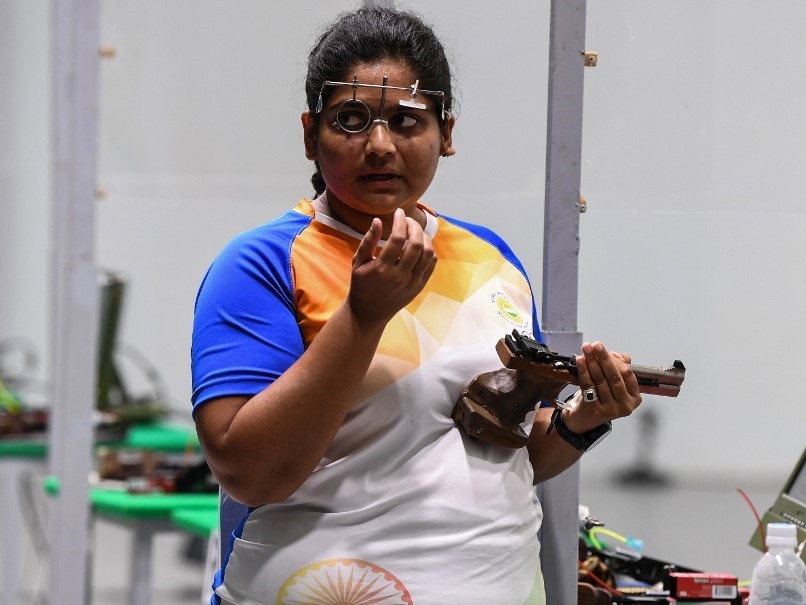Gov. Koike’s stance may boost LDP in Tokyo assembly election

With the launch on Friday of official campaigning for next month’s Tokyo Metropolitan Assembly election, analysts are watching how a regional party founded by Tokyo Gov. Yuriko Koike fares against an alliance of the Liberal Democratic Party and Komeito.
The analysts say they are not sure if Koike is fully committed to leading Tomin First no Kai (Tokyoites First) to victory in the July 4 election, suggesting she may be tempted to get closer to the LDP and Komeito as speculation swirls about her possible return to national politics.
The LDP and Komeito backed Koike’s bid for re-election in the Tokyo gubernatorial race last year, and Koike has frequently met with LDP Secretary-General Toshihiro Nikai, an influential power broker in Nagatacho, the epicenter of Japanese politics.
“It will become an election to predict how Gov. Koike can pave the way for her return to national politics,” said Shin Sato, an associate professor of Japanese politics at Tokyo Metropolitan University.
Koike has not clearly stated how far she will go in supporting Tomin First, which the governor serves as special adviser, but the party will need her full backing if it is to prevail or at least put up a good fight in the race.
Asked about her commitment to the party in the assembly election, Koike told reporters, “I created Tomin First.” Then she added, “We must fight against the coronavirus with an all-Tokyo approach,” without elaborating.
While Tomin First is the largest force in the Tokyo assembly with 46 seats, the LDP and Komeito — the second and third largest parties — are joining hands again in a bid to win a majority in the 127-seat chamber.
Commenting on the last Tokyo election in 2017, Yu Uchiyama, a professor of Japanese politics at the University of Tokyo, said, “Tomin First rode to victory on the popularity of Koike, but it has yet to establish a strong foothold in the region.”
“It will face headwinds without her commitment,” he said.
Besides, Tomin First this time cannot expect support from Komeito, which cooperated with the regional party in the previous election — a fact that, together with Koike’s popularity, dealt a significant blow to the LDP.
In the last election, the LDP captured only 23 seats, down from 57 before the poll and far below its previous record low of 38 in 2009.
But this time, Komeito is teaming up with its old ally LDP, given the need to prevail in a House of Representatives election slated for this fall in partnership with the party, its coalition partner led by Prime Minister Yoshihide Suga.
Another reason for Komeito’s move is that its relationship with Tomin First turned sour after the 2017 election over the running of the assembly.
“Komeito’s cooperation was very helpful for Tomin First in the previous victory. It will be a difficult battle for Tomin First this time, for sure,” Sato said.
Who stands to gain should Tomin First lose ground is another focus of the upcoming election, as some predict the Constitutional Democratic Party of Japan, the main opposition party in the Diet, and the Japanese Communist Party may attract anti-Olympic votes.
“If the CDP wins a larger-than-expected number of seats in the Tokyo assembly, it could be a destabilizing factor for the Suga administration because it could raise doubts about his leadership,” Uchiyama said.
Parties’ campaign pledges on the Tokyo Olympics opening July 23 are split, with Tomin First vowing to push for a games without spectators.
The LDP and Komeito have been calling for safe and secure Olympics and Paralympics with proper anti-COVID-19 measures, but they have not included the issue in their manifestos.
Komeito said it has not mentioned the Olympics in the party’s manifesto because doing so may violate the principle stipulated in the Olympic Charter that prohibits the use of the games for political purposes.
The JCP is demanding that the Tokyo Games be canceled while the CDP is pushing for another postponement or cancellation.
“If the issue of staging the Olympics continues to draw attention, Tomin First may attract more voters who are critical of the Suga administration’s insistence on holding the games even at the risk of infections,” Sato said.
Others, however, doubt whether it will become a major issue in the election because preparations for the games are far advanced.
Citing recent opinion polls, Uchiyama suggested public sentiment on the Olympics and Paralympics has been changing in line with a national decline in the number of COVID-19 infections.
“Calling for a cancellation or postponement right before the opening could backfire,” he said.
In a time of both misinformation and too much information, quality journalism is more crucial than ever.
By subscribing, you can help us get the story right.







